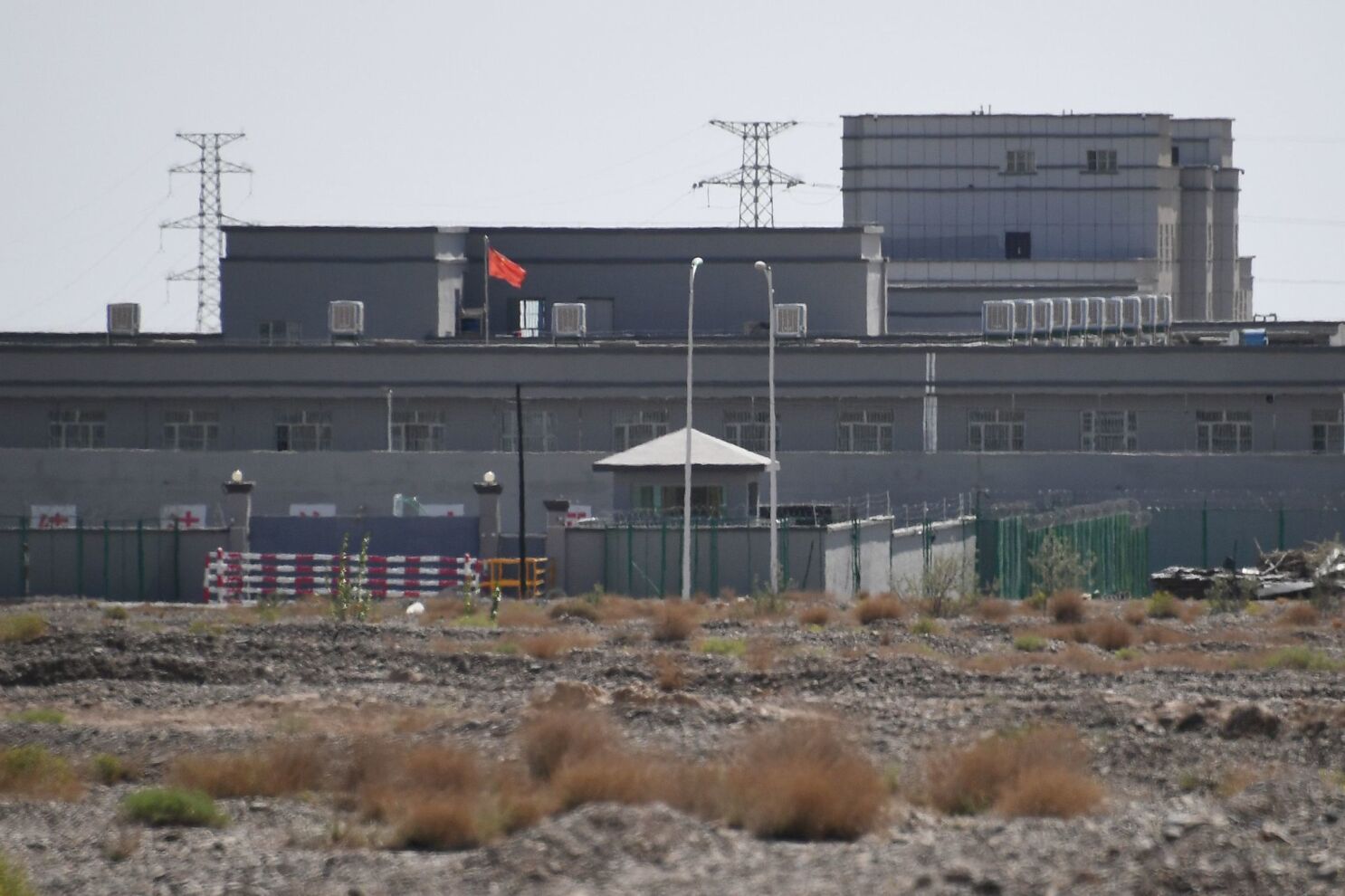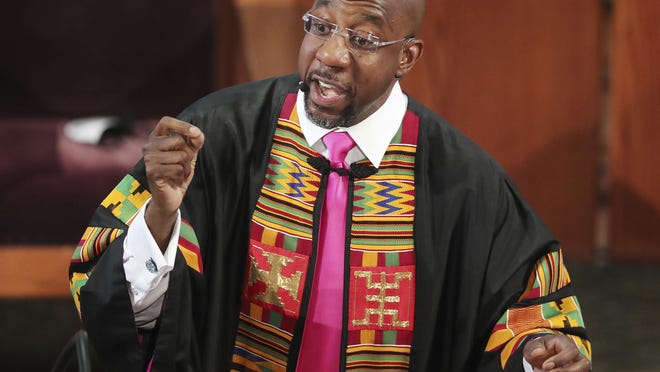With Beijing not a signatory to the ICC, those bringing the claim of genocide have pointed to the alleged forcing of Uighur people from Tajikistan and Cambodia into China as evidence. Both countries are signatories to the Rome statute setting up the ICC.
“The US government has reason to doubt the honesty of the ICC. The Department of Justice has received substantial credible information that raises serious concerns about a long history of financial corruption and malfeasance at the highest levels of the office of the prosecutor,” Barr said.
He referred to the ICC as “little more than a political tool employed by unaccountable international elites”.
***
Apart from genocide, China has reservations over the definitions of all the other core crimes, namely, crimes against humanity, war crimes and crime of aggression. Throughout the negotiation process, one of the major guiding principles in defining the crimes under consideration was that these definitions should be reflective of customary international law. China opposed the ICC’s jurisdiction over crimes against humanity committed during peacetime, because, it argued that customary international law required a nexus to armed conflict, and without such nexus, the major attributes of the crimes would be changed. China’s objection towards the ICC’s jurisdiction over war crimes committed in non-international armed conflict was similarly raised in the context of customary international law. Moreover, China resisted the inclusion of the crime of aggression under the ICC’s jurisdiction due to the lack of a precise definition on state act of aggression underlying the crime.
So, while world leaders have confirmed Covid-19 came from Wuhan, China, it is unlikely the ICC will ever bring a case against China for the nefarious actions of the pandemic. Meanwhile, there is the matter of the human rights violations by China against the Uighurs.

NYT’s: The International Criminal Court has decided not to pursue an investigation into China’s mass detention of Muslims, a setback for activists eager to hold Beijing accountable for persecution of ethnic and religious minorities.
Prosecutors in The Hague said on Monday that they would not, for the moment, investigate allegations that China had committed genocide and crimes against humanity regarding the Uighurs, a predominantly Muslim ethnic group, because the alleged crimes took place in China, which is not a party to the court.
The abuses described “have been committed solely by nationals of China within the territory of China,” said a report by the court’s chief prosecutor, Fatou Bensouda of Gambia.
For months, Uighurs in exile had urged the court to investigate China’s repressive policies against Muslim minorities, the first attempt by activists to use the force of international law to hold Chinese officials accountable for the crackdown. They accused the Chinese government of carrying out a campaign of torture, forced sterilization and mass surveillance against Muslims, among other abuses.
China has faced growing international condemnation for its harsh treatment of Muslims, including the construction of vast indoctrination camps in the western region of Xinjiang. President-elect Joseph R. Biden Jr.’s campaign described China’s actions in Xinjiang as genocide, a position also taken by other Western leaders.
China has denied that the camps are abusive, describing them instead as job training centers aimed at countering religious extremism and terrorism, despite a preponderance of contradictory evidence.
Many Uighurs said on Tuesday that they were disappointed in the court’s decision not to investigate. They vowed to continue to lobby global leaders to punish China for the abuses.
“The I.C.C. was formed for one and only one reason: to confront the most horrific international crimes,” said Fatimah Abdulghafur, a Uighur poet and activist who lives in Australia. “The atrocities of the Chinese regime toward Uighurs are countless.”
The complaint against China was filed by two Uighur exile groups, the East Turkistan Government in Exile and the East Turkistan National Awakening Movement.
In addition to abuses against Muslims inside China’s borders, the Uighur groups had also lobbied the court to investigate Beijing for pursuing the repatriation of thousands of Uighurs through unlawful arrests in or deportation from other countries, including Cambodia and Tajikistan.
In its report on Monday, the prosecutor’s office said there was “no basis to proceed at this time” because there did not appear to be enough evidence to show that Chinese officials had committed crimes over which the court had jurisdiction.
“Not all conduct which involves the forcible removal of persons from a location necessarily constitutes the crime of forcible transfer or deportation,” the report said.
Lawyers representing the Uighur groups said they were still hopeful that the court would open an investigation after considering new evidence.
“We have explained we’ve been hampered by Covid restrictions,’’ said Rodney Dixon, who is the lead lawyer in the case. “The prosecutor needs further and concrete evidence from Cambodia and Tajikistan to establish jurisdiction, and we will be providing that early in the year.”
Lawyers following the court said that the prosecutor, whose mandate is coming to an end, had been under time pressure to present her final report to the annual assembly of court members now meeting in The Hague. A new prosecutor will be elected in the coming weeks.








